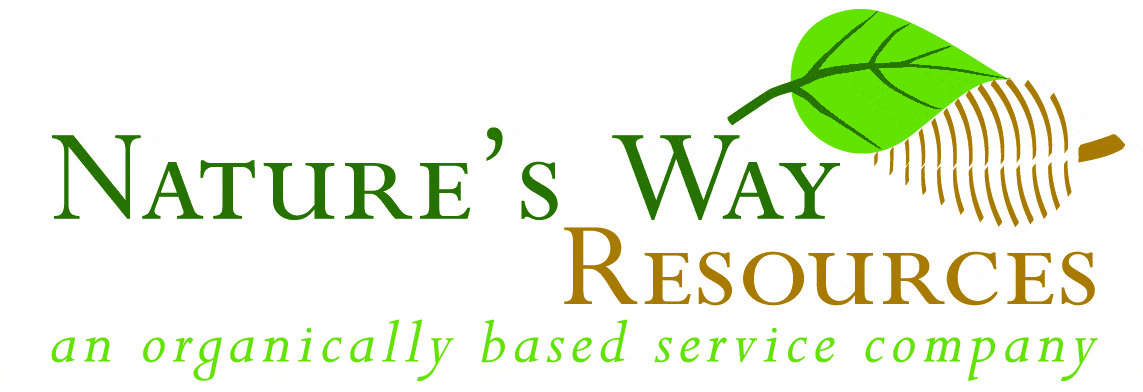John's Corner:
Soil & Pants (Part 146)
News from the Wonderful World of Soil & plants 146
By: John Ferguson
We often talk about gardening and planting trees as a way to sequester carbon to help fight climate change. I read a thought-provoking article the other day on another way of carbon sequestering by growing aquatic plants (farming seaweed).
The study was published in the journal Science Advances (2020) by the University of Virginia. They seeded an area of about 500 acres with eelgrass seeds. Every indicator of ecosystem health rapidly improved, from water clarity and quality, more and diverse life, to better carbon and nitrogen storage.
The 20-year study found the seagrass (seaweed) beds stored an average of 3,300 tons of carbon and 660 tons of nitrogen per year. The coastal ecosystems are some of the most efficient storers of carbon on earth.
This should be a good way to help clean up the Galveston bay ecosystem and protect it from the load of toxic chemicals coming down the ship channel and remove sediment. It is also a good way to fight climate change by reducing atmospheric carbon.
On many occasions we have talked about the dangers of the disinfectant chemicals in our public water supply and how they can hurt plant growth and lead to fungal diseases in one’s soil. Over the last couple years many cities in America have sent out warnings to their residents about contaminated water supplies.
As a result of Covid, many water supplies are using much higher levels of disinfectants like chlorine. These disinfectants combine with organic compounds from many natural sources from the decay of leaves and animal matter to create many toxic disinfection byproducts.
There are now 700 disinfection byproducts identified in our water supply. These range from things like bisphenol A (BPA), trihalomethanes, haloacetic acids, iodoacetic acid (damages DNA) and many more. They are all toxic and hurt life from microbes and earthworms to humans.
For gardeners this means the more one waters with municipal water the more problems one is likely to have. This is another reason why it is so important to use the modern organic methods to develop healthy soil where watering is rarely required. The bonus is, the organic methods give better results, at far lower costs than the toxic chemical methods.
I have often talked about the importance of healthy soils to have healthy plants (and healthy humans) and how microbes and why trace and micro-nutrients (elements) are required. Below is a link to a very nice article on healthy soils.
The Crucial Connection: Human Wellbeing Can Only Happen With Healthy Soils By Jessie Emerson
“There is a direct relationship between minerals in the soil and minerals in the body. There is a direct connection between nutrition and optimal health. Nutrition is the foundation of a healthy body that resists disease. The mineral content of the soil determines the mineral content of food. Cancer, diabetes, heart disease, premature births, birth defects and immune suppression are all related to nutrition and the nutrient content of the soil. There is an old saying among farmers: “The soil makes the animal.” For the full article see:
- ecofarmingdaily.com
Due to lockdowns from Covid the past year, there has been a large increase in psychological issues from depression, sexual abuse, domestic violence, crime, to suicide and more. One of the best ways to counter this negativity and improve one’s mental health is to garden. Or at least visit a nursery and just walk around.
To help people out, at Nature’s Way Resources, we have added benches, picnic tables, etc. throughout the nursery, so folks can come and enjoy the flowers, read a book or just walk their dog and enjoy nature.
Over the last few years, we are learning that our connection with nature is critical for our health and gardening is one of the easiest ways to connect with nature. Below are a couple links to the mental health benefits of gardening.
- Psychology Today
- consciouscontent.org
- dherbs.com
A good book on the subject is:
“Your Brain on Nature – The Science of Nature’s Influence on Your Health, Happiness, and Vitality”, by Eva M. Selhub MD and Alan C. Logan ND, Collins Publishing, 2012, ISBN: 978-1-44342-808-8
This book is for anyone whom loves gardening or nature. On many occasions I have wrote about studies that show how gardening drastically improves one’s health and well-being. Numerous scientific studies have shown that natural environments can have remarkable benefits for human health. Natural environments are more likely to promote positive emotions, and viewing and walking in nature have been associated with heightened physical
and mental energy. Nature has also been found to have a positive impact on children who have been diagnosed with impulsivity, hyperactivity and attention-deficit disorder.
Speaking of gardening and health, a paper published in the journal Nature Medicine (2020) by researchers at the German Research Center for Environmental Health has found another health connection with nature.
They found that children growing up on a farm have a much lower risk of developing asthma. “Farm life boosts gut microbiome maturation in children”.
This beneficial health effect for is associated with the children being exposed to microbes from animals to microbes in the soil. The greater the exposure to different microbes the stronger the effect.
This is another good reason for children to play and roll around in the dirt and have pets. To protect our children only use organic methods.

